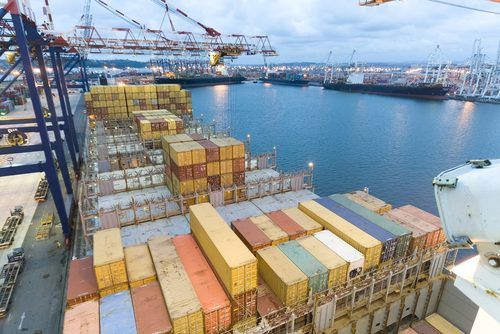August 21, 2014 | Industry Insights
Volume Surge Prompts Cargo Diversions and Triggers Need for ISFs

A growing volume of U.S. bound ocean container traffic intended to transit west coast Canadian ports has caused some Canadian terminals to stop accepting U.S. bound rail traffic. Steamship lines are diverting these containers to U.S. ports, especially Seattle and Tacoma.
These diversions to U.S. ports require that Importer Security Filings (ISFs) be submitted so that U.S. Customs and Border Protection (CBP) can apply its targeting measures. Shippers, Ocean Transportation Intermediaries, and customs brokers should continually monitor ocean cargo to identify when a cargo diversion occurs. When the diversion triggers the need to submit an ISF-10 or ISF-5, submit the ISF as soon as practical.
CBP acknowledges the disruptive nature of unplanned cargo diversions and how it might impact the timeliness of an ISF, and we believe CBP will not be “calling strikes” on untimely ISFs for this diverted cargo situation. Please visit Roanoke’s earlier updates that give more details about “three strikes” and cargo insurance implications for deviations.
Finally, CBP does not release cargo lacking the required ISF, and this Canadian diversion situation is no exception. ISFs must be filed.













